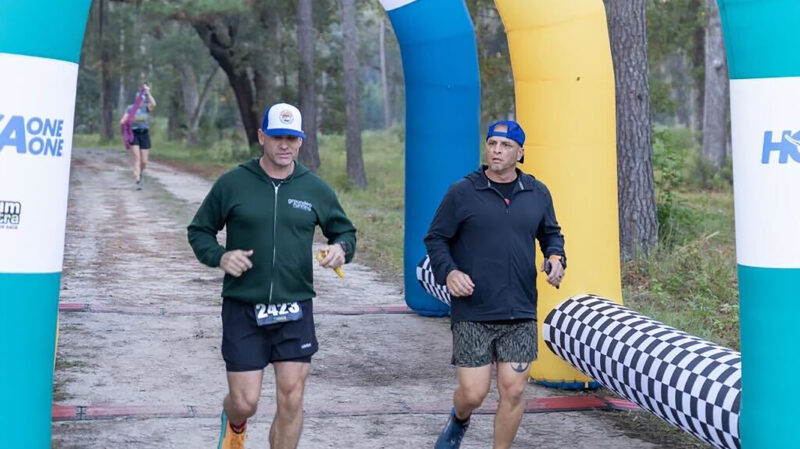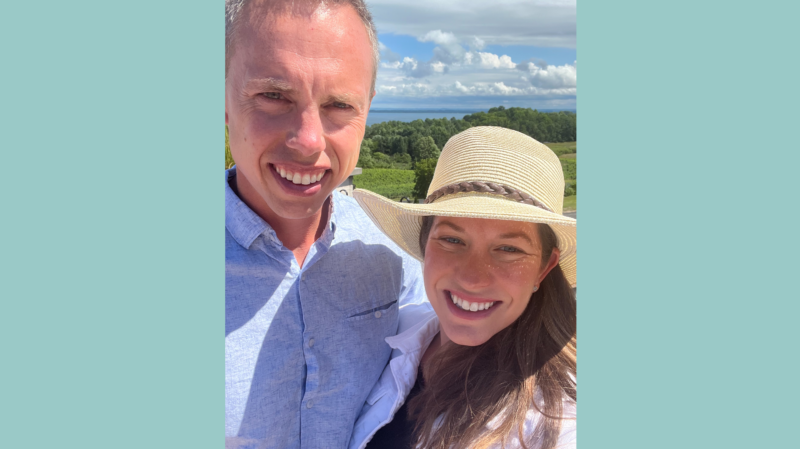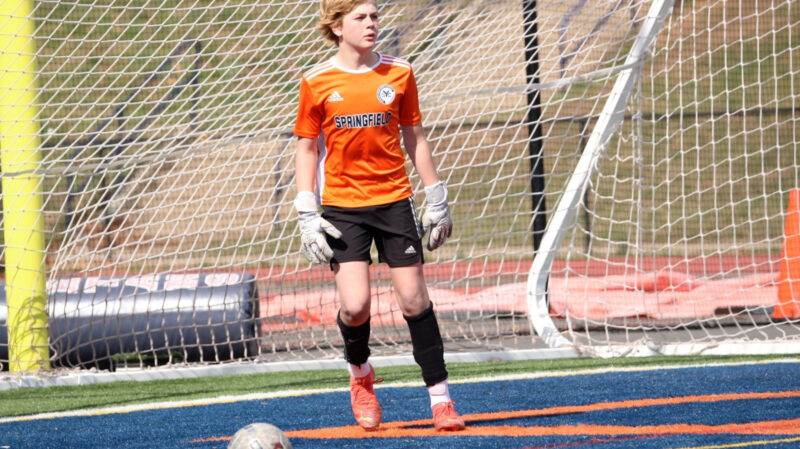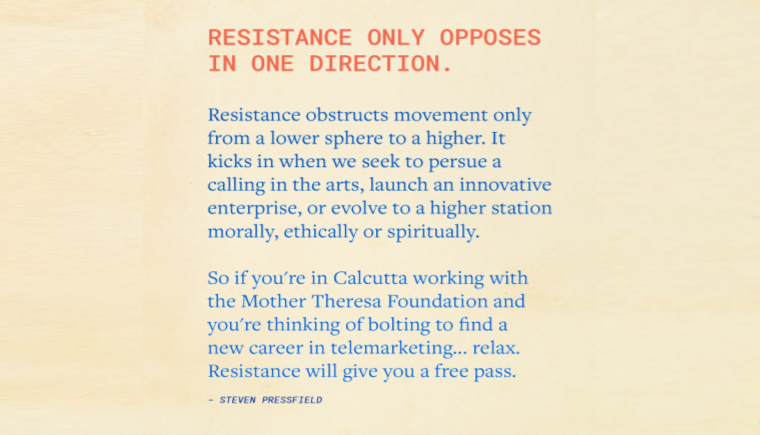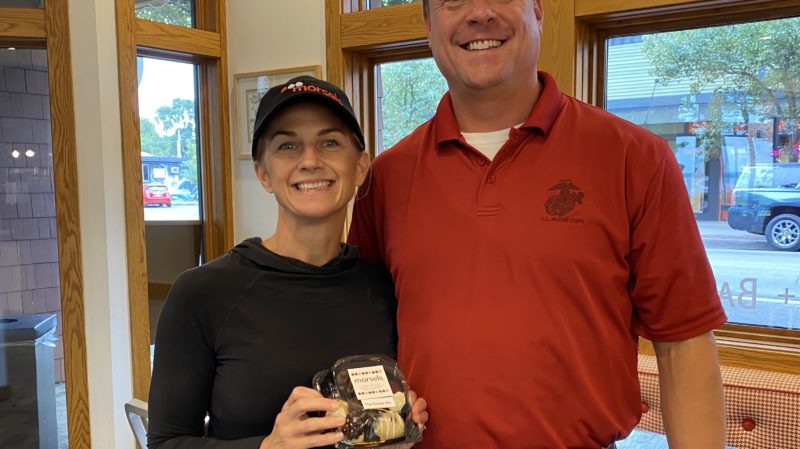
written by Angie Morgan
Your performance edge has to come from somewhere other than the obvious – everyone is working hard, everyone is committed. What are you doing differently?
Wake. Eat. Milk. Sleep.
I laughed out loud when I saw that statement on a high schooler’s sweatshirt at my son’s track meet last week.
My dad, who was standing next to me, also got a good chuckle off the statement. “Yep, that kid’s a dairy farmer. You can tell by his size. I bet he wins the 100. His school always has great athletes, regardless of their sports. They’re just tough kids.”
My dad called it. The student won the race in a seemingly easy victory. Their team, overall, dominated the meet.
This got me thinking about high-performance, something I know we’re all curious about. What gives people, and teams, a performance edge?
For these athletes growing up in a farming community, it was obvious – their lifestyle. These students have been developing their strength outside of the gym since they were born, giving them an unquestionable advantage in sporting competitions.
For professionals, our advantages likely aren’t acquired from milking cows at 4 a.m. or bailing hay. But we do have them and sometimes they’re not as overt as we’d like them to be.
I know many of us would like to think our hard work and commitment is enough to distinguish ourselves and our performance. Yet, when we look at the landscape, we should know that nearly everyone we’re surrounded by is doing their best at those two factors. Our performance edge comes from somewhere else, like:
- Bringing a unique talent or skill to the table – like our creativity, entrepreneurialism, humor, or amazing attention to detail. Sometimes we mute our talents because we’re not certain they’re valued at work. We won’t know unless we find the courage to express them.
- Doing 10% more than others – this is called taking initiative. It’s doing the obvious, or what we’re asked to do, and then a little bit more.
- Building our network – sometimes it’s not what we do that adds value to our career. It’s the connections we have and the introductions we can make. By systematically building relationships, you’re enhancing your value to your career.
- Developing our non-job-related skills – like speaking, presenting, or executive presence. As you advance in your career, these skills will eventually be needed. It’s better to have them built before they’re called upon or else you run the risk of not having them when you need them.
- Understanding what results matter to the organization and then aligning our actions to them. I can’t tell you how many professionals I meet who are busy, but their actions often aren’t connected to outcomes that are really important to the business. It’s not enough to be busy … it’s far more important to be busy and aligned.
So, you heard the mantra of this student athlete – Wake. Eat. Milk. Sleep. I’ve got to wonder, what’s yours?
Want more leadership inspiration? Join tens of thousands of subscribers who receive our free Leadership Moments – quick, actionable leadership guidance delivered to your inbox every Monday.












